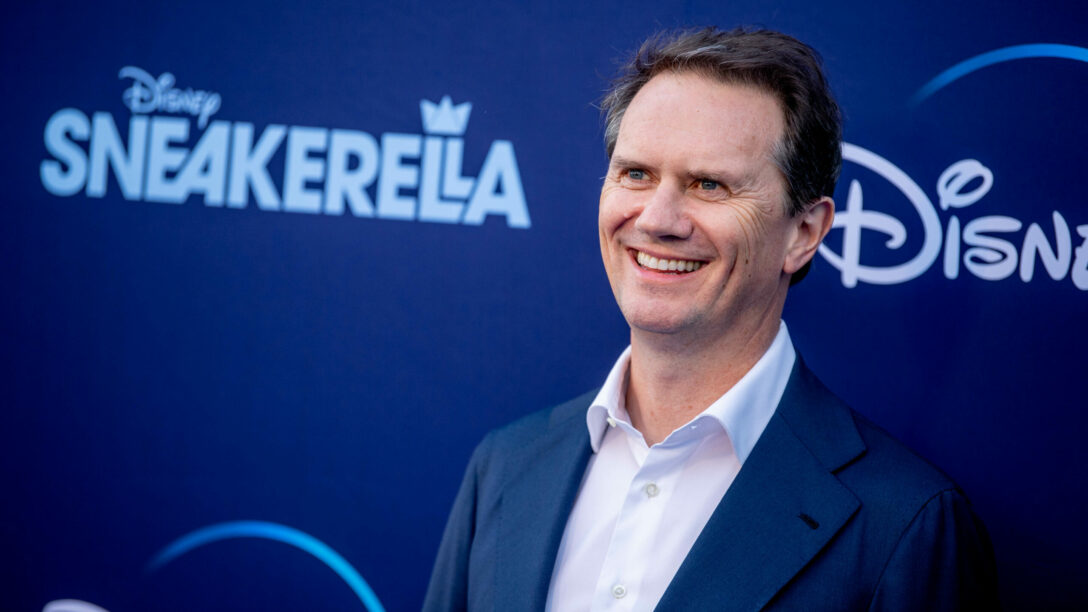Let’s say you’re Peter Rice. You’ve been running Disney’s general entertainment operation for a few years now, the past two under C.E.O. Bob Chapek, and things are going pretty well. Hulu, ABC, Disney+, the news division—with exceptions, the shows are getting better and more frequent, and your judgment and taste are helping grow subscribers. You supported Chapek’s controversial restructuring of the organization, even though it arguably diminished your power, and you get along fine with Kareem Daniel, Chapek’s right-hand-man. Your talent relationships are great, and you’re one of the few content executives who can credibly talk to filmmakers, actors, advertisers, journalists, showrunners, shareholders, and owners. You’re in a good place.
So you think it’s nothing when you’re asked to meet with Chapek on a random Wednesday in Burbank. After all, if the new boss didn’t want you on his team, the professional thing to do would have been to say so before you re-upped your deal for three years last summer, right? Or if there was a problem since then, Chapek definitely would have told you at least once that he’d like things done differently. And he certainly would have offered constructive criticism, like all good managers do. If, God forbid, Chapek did want you gone for some reason, maybe as a fall guy for a Disney stock chart that looks like the final drop on Splash Mountain, or because of the industry chatter that you might do a better job as C.E.O. than him, he’ll certainly respect you enough to let you exit on your own terms—either for another gig or for a Disney producing deal, with all the usual nice things said about you in a press release. That’s just how things are done.

















